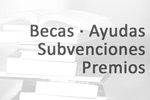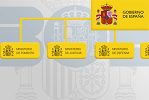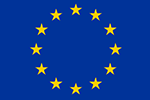Consumer rights, including product safety
Content
Protection of consumers and users
Consumer and user protection is a basic principle under which the State is required to guarantee citizens their rights and freedoms in this area.
Article 51 of the Spanish Constitution![]() requires public authorities to ensure that consumers and users are defended, to protect their safety, health and economic interests, to promote information and education for consumers and users, and to support consumer and user organisations.
requires public authorities to ensure that consumers and users are defended, to protect their safety, health and economic interests, to promote information and education for consumers and users, and to support consumer and user organisations.
Basic rights
Royal Legislative Decree 1/2007 provides for six basic consumer and user rights, as set out below.
- Protection against risks to their health or safety;
- Protection of their legitimate economic and social interests;
- Compensation and redress for damage suffered;
- Accurate information on the various goods or services;
- Involvement in the drafting of legislation which directly affects them;
- And lastly, protection of their rights through effective measures.
Protection against risks
Protection against risks to their health or safety is one of the basic rights of consumers. Goods and services placed on the market must therefore be safe, i.e. they must not, under normal or reasonably foreseeable conditions, pose any health or safety risk to persons.
Obligation to place only safe products on the market
According to Regulation (EU) 2023/988, ‘economic operators shall place or make available on the market only safe products’, ‘economic operator’ meaning ‘the manufacturer, the authorised representative, the importer, the distributor, the fulfilment service provider or any other natural or legal person who is subject to obligations in relation to the manufacture of products or making them available on the market in accordance with this Regulation’.
Economic operators must fulfil a number of obligations, proportionate to their respective roles in the supply chain, relating to the safety of the products they place or make available on the market. This is in order to ensure a high level of consumer health and safety protection, while ensuring that the internal market functions effectively.
These obligations include: ensuring that products comply with the general safety requirement, ensuring adequate product documentation and information, keeping themselves informed about compliance with safety requirements for their products, and properly informing and cooperating with authorities. They must also inform other economic operators and consumers where appropriate, as well as comply with other obligations set out in the legislation in force. Economic operators must take appropriate measures, which include withdrawing dangerous products from the market, informing the authorities of such measures, and cooperating with the authorities in any activity aimed at eliminating risks.
The cooperation of all economic operators and providers of online marketplaces with market surveillance authorities is also essential in order to remove or mitigate risks relating to the relevant products made available on the market.
Market surveillance
In Spain, the public authorities are responsible for carrying out market surveillance. Market surveillance means the activities carried out and measures taken by market surveillance authorities to ensure that products comply with the requirements laid down by the applicable legislation and to ensure the protection of the public interest covered by that legislation![]() .
.
Alert system for non-food products
The principle of the free movement of goods is one of the four founding freedoms of the internal market, and its implementation with the abolition of internal Community borders of the EU countries has led to a considerable increase in the supply of goods and services on national markets. Monitoring this market is becoming an increasingly diverse and complex task that the competent authorities must meet.
Bearing in mind that one of the substantial rights of consumers is, inter alia, the right to health and safety, effective market surveillance by the authorities is essential to enable unsafe products to be detected and to take the appropriate action against them.
A rapid alert system on dangerous non-food products known as the Safety Gate Rapid Alert System has been set up for authorities to exchange information on existing products that could pose risks to consumers’ health and safety. The purpose of the system is to inform other authorities of measures taken to prevent these products from reaching consumers.
How is a dangerous product identified?
- By information obtained from market surveillance by the competent authorities.
- By European alert system notifications from other Member States.
- By notifications from the European Commission.
- Thanks to information from economic operators and providers of online marketplaces, in accordance with the obligations laid down in Chapter III, Chapter IV and Article 27 of Regulation (EU) 2023/988
- By information from complaints or reports received from economic operators or industry associations, consumers, consumer organisations, etc.
- By notifications from health professionals via the website of the STATE SYSTEM FOR REPORTING CONSUMER PRODUCT INCIDENTS.

- Thanks to notifications from consumers through the Consumer Safety Network
portal, in accordance with Article 34.3 of the aforementioned Regulation.
What action is taken when a dangerous product is identified?
In order to determine whether a product is dangerous, appropriate checks are carried out to see whether or not it complies with the applicable regulations. If an instance of non-compliance is identified that could pose a risk to consumer safety, restrictive measures (ban on placing on the market, withdrawal of stocks from the market and product recall) are taken and notified in the alert network at national and European level.
Regulation (EU) 2023/988 defines a ‘safe product’ as any product which, under normal or reasonably foreseeable conditions of use, including the actual duration of use, does not present any risk or only the minimum risks compatible with the product’s use, considered acceptable and consistent with a high level of protection of the health and safety of consumers. A ‘dangerous product’ means any product which is not a ‘safe product’.
Information for each Autonomous Community


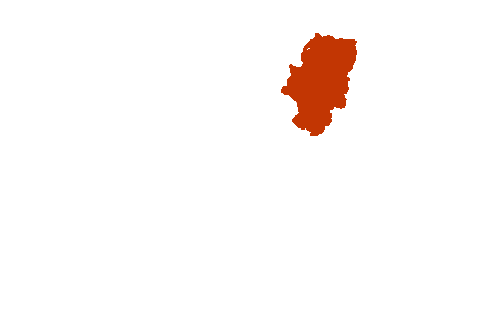
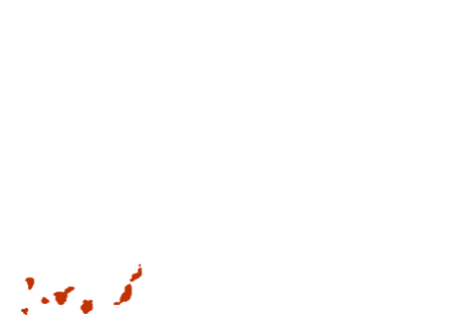
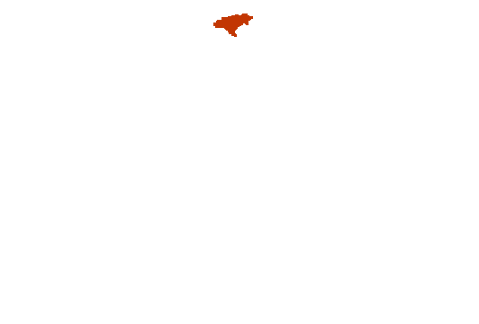
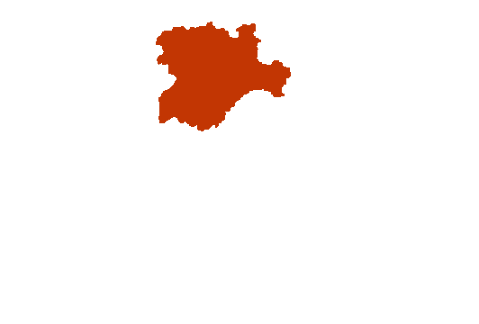
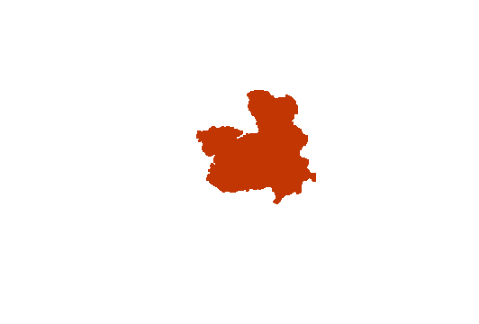
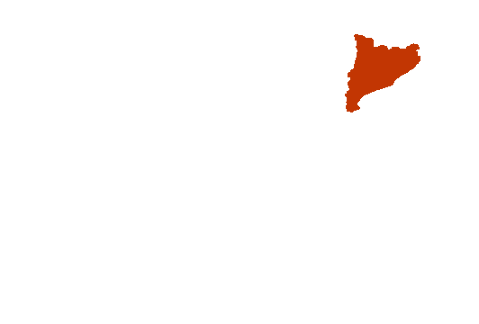
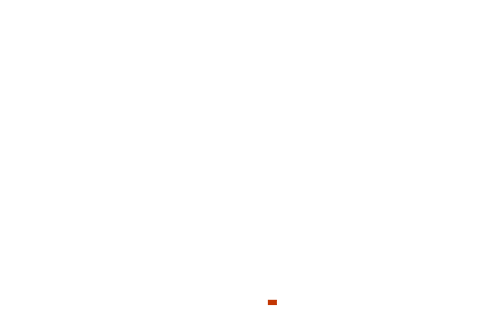


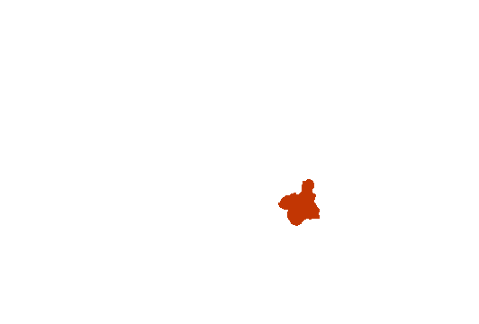
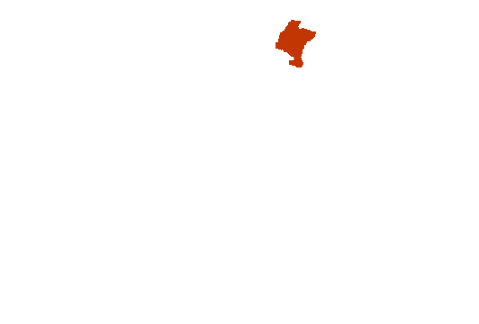
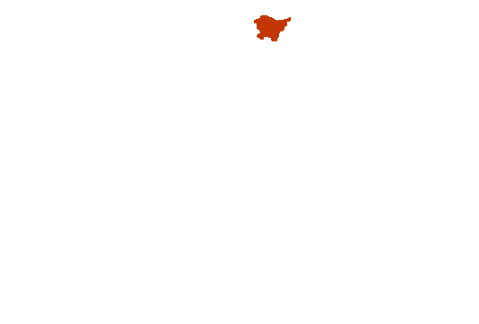
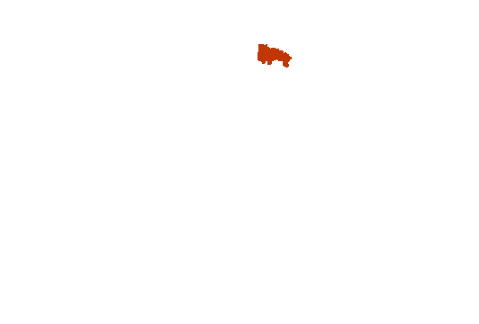
Andalucía Aragón Asturias, Principado de Balears, Illes Canarias Cantabria Castilla y León Castilla-La Mancha Cataluña Ciudad de Ceuta Ciudad de Melilla Comunitat Valenciana Extremadura Galicia Madrid, Comunidad de Murcia, Región de Navarra, Comunidad Foral de País Vasco Rioja, La





